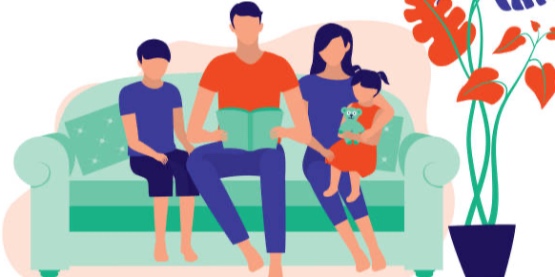
In this category, the term parent is used to refer to one of the child's primary caregivers. This person may be the birth, adoptive or raising parent filling the parent position for the child, or may be another relative (such as a grandparent). This category is used when the primary focus of clinical attention is to address the quality of the parent-child relationship, or when the nature of the parent-child relationship influences the course, outcome, or treatment of a mental illness or health condition. The problem of parent-child relationship leads to dysfunction in behavioral, cognitive or affective areas. Examples of behavioral problems include inadequate parental dominance, supervision, and child care; overprotection; excessive pressure; Arguments up to intimidation with beatings and avoidance of solving problems can be given. Cognitive problems include attributing negative meanings to the wishes and thoughts of the other person, having bad feelings towards the other person or seeing him/her as a scapegoat, and feeling cold for no reason. Affective issues include sadness, apathy, or anger toward the other person in the relationship. Clinicians should consider the child's developmental needs and cultural context.
